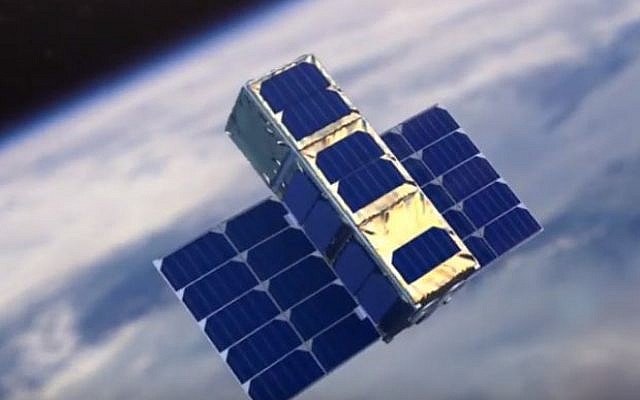Rapid Progress in Space Research to Contribute to Revenue Growth of Nanosatellite

Nanosatellites are defined as satellites that weigh less than 10 kilograms and convers all CubeSats, TubeSats, PocketQubes, SunCubers, ThinSats, and non-standard picosatellites. Nanosatellites development is based on CubeSat standards and guarantees ongoing and inexpensive access to space along with a broad range of launch and space rocket options. Besides their size and cost, one of the major advantages of nanosatellites is the short time that is required to develop each model. Nanosatellites can take less than 8 months to detect a need of the telecommunication technologies and place them in orbit. If a nanosatellite is lost or one of the unit fails, it can be replaced within feasible tome period and at affordable costs.
Continual advancements in miniaturization and increasing capacity of electronic technology along with use of satellite constellations, nanosatellites have become increasing capable of carrying out commercial missions that previously needed microsatellites for the same. Over the last few years, numerous start-ups have emerged to pursue opportunities by accelerating development of variety of small-payload Nanosatellite Launch Vehicle (NLV) Technologies. In May 2022, Dubai Electricity and Water Authority (DEWA) signed a Memorandum of Understanding (MoU) with Eutelsat, which is a French global satellite operator to provide technical support for the former’s Space-D programme and DEWA’s 3U nanosatellite DEWA-SAT1. The MoU is expected to help in developing nanosatellite Internet of Things (IoT) terminals and enhance connectivity between DEWA’s nanosatellites and its assets. The collaboration aims to explore the potential integration of Eutelsat’s Earth Low Orbit (ELO) Satellites with Space-D program and expand the fleet of nanosatellites for both the companies.
In June 2022, SatRev, which is a leading Polish space company working on a global scale, announced production of large amounts of nanosatellites in a new factory that is to be built in Legnica, Poland in cooperation with Legnica Special Economic Zone. The nanosatellite factor is first-of-its-kind and is expected to boost capabilities of the European satellite market. By 2025 end, SatRev is expected to produce and manufacture hundreds of nanosatellites yearly and by 2026, the company plans to create a constellation of one thousand Earth Observation satellites.
Major companies operating in the market include ACC Clyde Space, GomSpace A/S, ISISPACE Group, Israel Aerospace Industries (IAI) Ltd., Lockheed Martin Corporation, Alen pace, Axelspace Corporation, NanoAvionics, Planet Labs PBC, SRM Institute of Science and Technology, Sierra Nevada Corporation, EnduroSat, Sky and Space Global Ltd., and The Boeing Company. In May 2022, it was announced that SpaceX will be launching a crypto-satellite, Crypto1, developed by Cryptosat into low Earth Orbit creating new avenue for secure block-chain cryptography in space. The blockchain satellite, which is a coffee mug-sized module that has been created by using over-the-counter components, has already been tested and trialed on the International Space Station.
Continue Reading@ https://www.emergenresearch.com/industry-report/nano-satellite-market